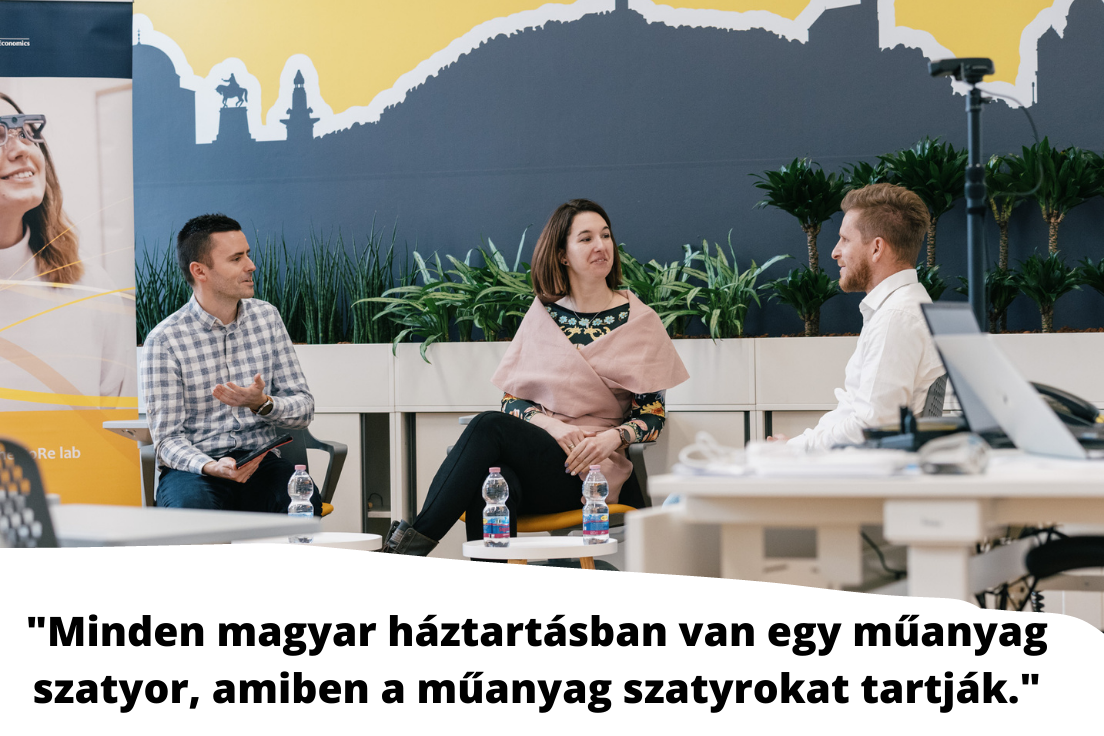The first hybrid Corporate Talk - This is how we saw it

Our first hybrid Corporate Talk event took place on 28 March 2023, during which we talked about sustainability with Balázs Kovács, Head of Marketing Communications at Ipsos Hungary, and Dr. Petra Rácz-Putzer, Adjunct Professor at the Faculty of Business and Economics, University of Pécs. The discussion was moderated by Dr. Péter Németh, Head of the CoRe Lab.
The discussion focused on the aspects of consumers' lives where sustainability is most visible and how much they are willing to put sustainability at the forefront of their everyday lives.
The secondary research data used as the basis for the discussion shows that consumers see sustainability mostly in terms of protecting the environment and consuming responsibly. However, they are also increasingly aware that their purchasing decisions have an impact on the environment and society, and there is a growing need for information and opportunities to help consumers easily find sustainable products and services. Many agree, however, that people are really driven by financial interests (saving money) rather than environmental considerations when making purchasing decisions.
The round table discussion also revealed that young people are more receptive and interested in sustainability issues, as they feel that they are the only ones who will be able to solve climate change and take responsibility for their future. Companies that incorporate sustainability considerations into their business practices are increasingly preferred by young consumers.
An important aspect of the discussion was also the role of companies. Consumers feel that companies should offer products and services that take sustainability into account. For example, the materials used in the manufacture of products should be sustainable and be supplied in recycled or reusable packaging. However, consumers can (and, fortunately, often do) make a difference to sustainable development as individuals. Such efforts can include using textile shopping bags or fruit/veggie bags instead of nylon bags.
People increasingly demand the knowledge and tools to change their lifestyles and their impact on the environment.
